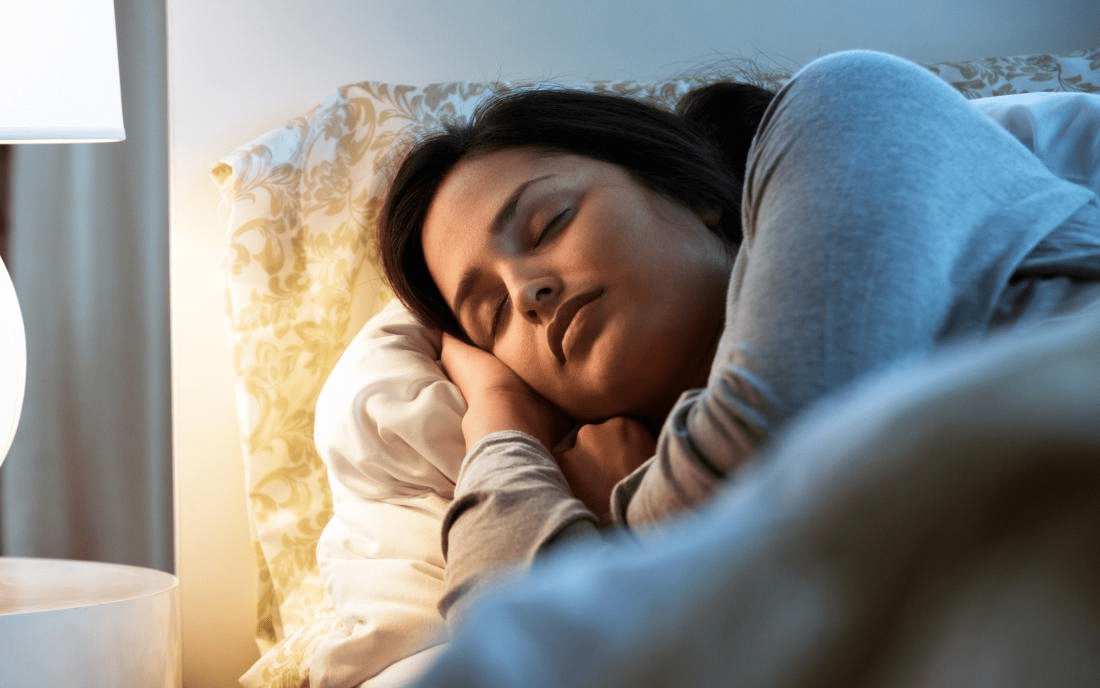A good night’s sleep is essential for our physical and mental health. It helps us to recharge our batteries, process emotions, and maintain our overall well-being. Unfortunately, many people struggle to get quality sleep due to factors such as stress, anxiety, or poor sleep environments. One of the best ways to combat these issues is by creating a sleep-friendly bedroom. In this article, we will explore some tips and tricks for making your bedroom better for sleep.
- Choose a Comfortable Mattress and Pillows
The foundation of a good night’s sleep is a comfortable bed. If you’re waking up with aches and pains, it may be time to invest in a new mattress and pillows. The ideal mattress should be firm enough to support your spine but soft enough to contour to your body’s curves. Pillows should be comfortable, and provide proper support for your head and neck. If you want something on the harder side – check out these better extra firm mattresses
Keep the Bedroom Dark
Our bodies are designed to sleep when it’s dark, so keeping the bedroom dark is essential for a good night’s sleep. Invest in blackout curtains, or use an eye mask to block out any ambient light. If you need a little light to navigate your way around the room, consider using a low-wattage lamp or a nightlight.
Keep the Bedroom Cool
Our body temperature naturally drops when we sleep, so keeping the bedroom cool is essential for a good night’s sleep. The ideal temperature is around 60-67°F (15-19°C). Consider using a fan or air conditioner to keep the room cool, especially during the hot summer months.
Keep the Bedroom Quiet
Noise can disrupt our sleep, so keeping the bedroom quiet is essential for a good night’s sleep. If you live in a noisy area, consider using earplugs or a white noise machine to block out the noise. If you’re sensitive to noise, consider investing in soundproof curtains or a noise-canceling device.
Declutter and Organize
A cluttered bedroom can contribute to stress and anxiety, which can interfere with sleep. Keep the bedroom clean and organized by decluttering regularly. Remove any items that don’t belong in the bedroom, and store everything else in its proper place. Keep the bedroom free of any unnecessary electronics or distractions.
Create a Relaxing Atmosphere
Creating a relaxing atmosphere in the bedroom can help you to unwind and prepare for sleep. Use calming colors, such as blues or greens, on the walls and bedding. Avoid bright or stimulating colors, such as reds or oranges. Use soft lighting to create a cozy, inviting atmosphere. Consider using aromatherapy, such as lavender or chamomile, to promote relaxation.
Invest in Quality Bedding
High-quality bedding can make a significant difference in the quality of your sleep. Invest in comfortable, breathable sheets and blankets. Choose materials that are soft to the touch, such as cotton or linen. Avoid synthetic materials, which can be uncomfortable and trap heat.
Avoid Screen Time
Electronic devices emit blue light, which can disrupt our sleep patterns. Avoid using electronic devices, such as smartphones, tablets, or laptops, in the bedroom. If you must use your phone or tablet before bed, consider using a blue light filter or an app that reduces blue light emissions.
Establish a Relaxing Bedtime Routine
Establishing a relaxing bedtime routine can help you to wind down and prepare for sleep. Set aside time to engage in relaxing activities, such as reading a book or taking a warm bath. Avoid engaging in stimulating activities, such as exercise or working on a project, right before bed. Stick to a consistent sleep schedule, even on weekends, to help regulate your body’s natural sleep-wake cycle.










